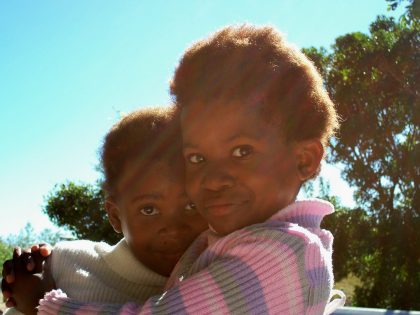
More widespread than we think
Today's social movements rely on tech collectives to organize safely. But few know the history of other technologies used by earlier liberation movements.

Today's social movements rely on tech collectives to organize safely. But few know the history of other technologies used by earlier liberation movements.

Why is Nairobi's government terrorizing hawkers and hustlers around the city? An anthropological perspective.

Has the recent death of Tanzania’s president John Magufuli created new political possibilities?

AIAC Talk this week: the historical entanglement of South African football with English football, and what that tells us about politics and sport. Watch it on our YouTube channel.

In this interview with Rasna Warah, journalist Michela Wrong debunks the myth of Rwanda as a model developmental state and a poster child for Western aid.

African states are involved in the War on Terror more than we think. They're surrounded by an eco-system of the war industry.

An encounter on a Cape Town bus forces the writer to think about religion, especially Christianity, and queerness.

An interview with Brian Peterson, author of a new biography of Thomas Sankara. Peterson positions 1980s Burkina Faso as counterhegemonic to the neoliberal transition then.

In the first video from a series for the Capitalism In My City project, Brian Mathenge decodes what everyday capitalism looks like from the margins of Nairobi.

Why are South African government policies benefiting black mothers still controversial?

The film "Finding Sally" grapples with Ethiopia's past, but may romanticize its present.

How is Kenya's "new middle class" contributing to a pervasive low-quality oppression that leaves Kenyans feeling hopeless?